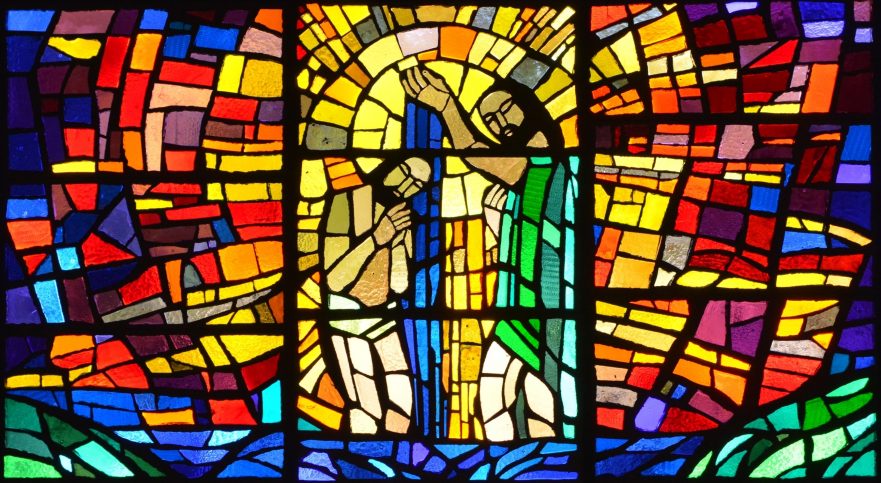The words of the heavenly voice that spoke at Jesus’ immersion foreshadowed the trajectory of Jesus’ career.
Yohanan the Immerser’s Execution
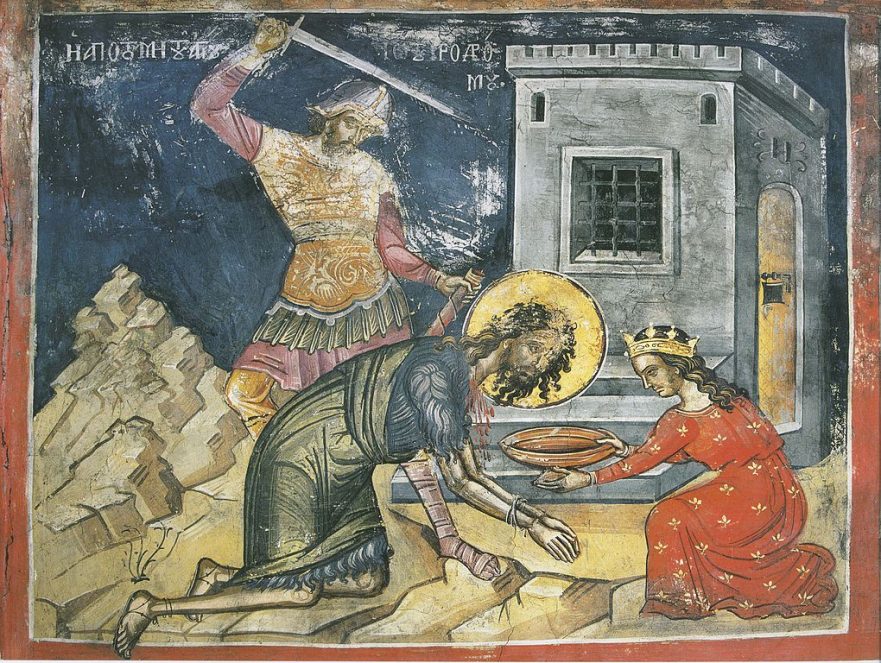
The story of John the Baptist’s martyrdom was rich with allusions to stories from the Hebrew Scriptures.
The Priority of Luke: An Exposition of Robert Lindsey’s Solution to the Synoptic Problem
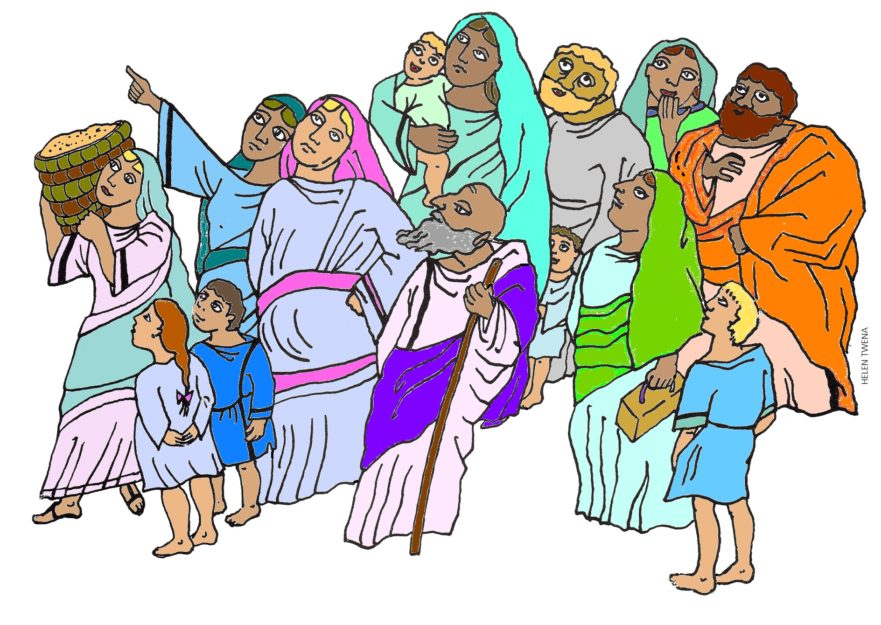
The pioneering work of Robert L. Lindsey deserves more serious consideration from the scholarly community than it has heretofore received.
Yohanan the Immerser’s Eschatological Discourse
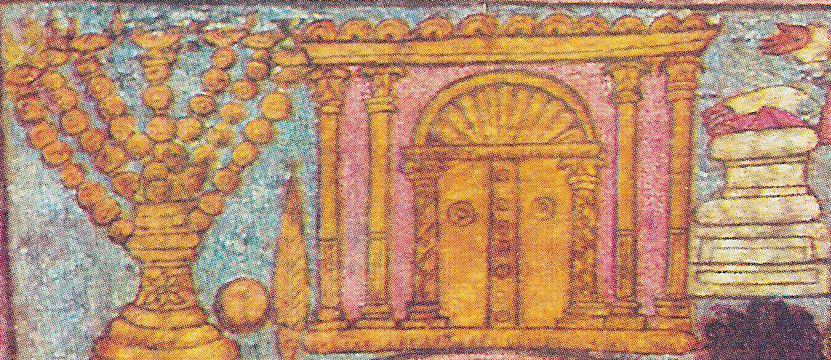
John the Baptist anticipated the coming of an Elijah-like priestly messiah who would purify the Temple on an eschatological Day of Atonement.
LOY Excursus: The Dates of the Synoptic Gospels
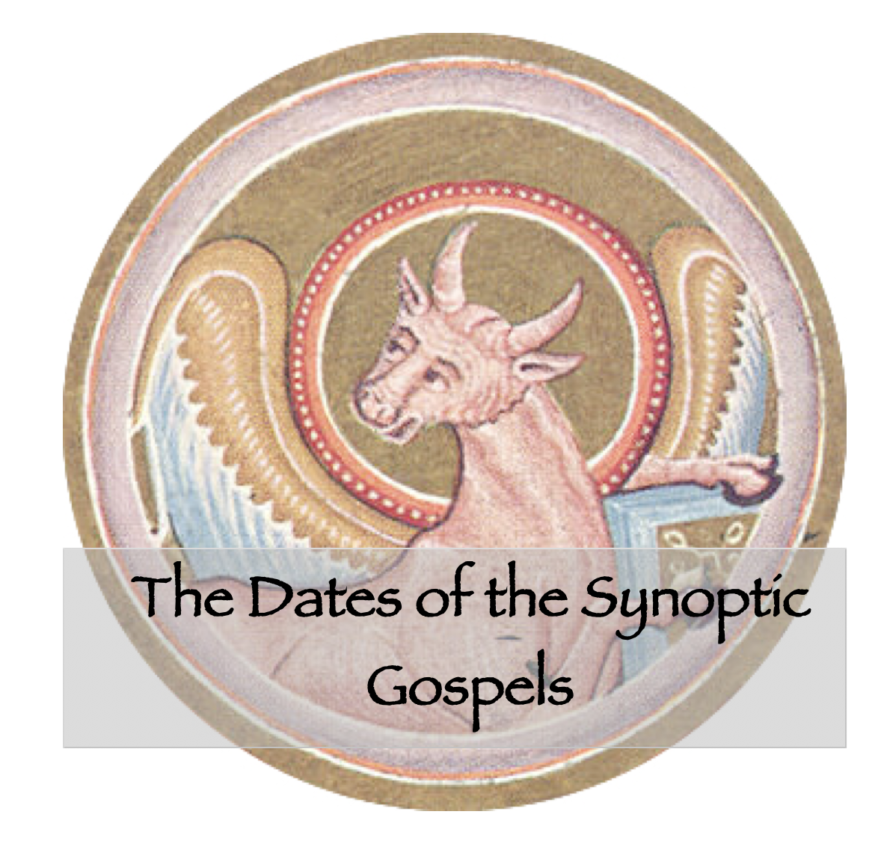
Reassessing the dates of the Synoptic Gospels in light of Lindsey’s hypothesis.
A Voice Crying
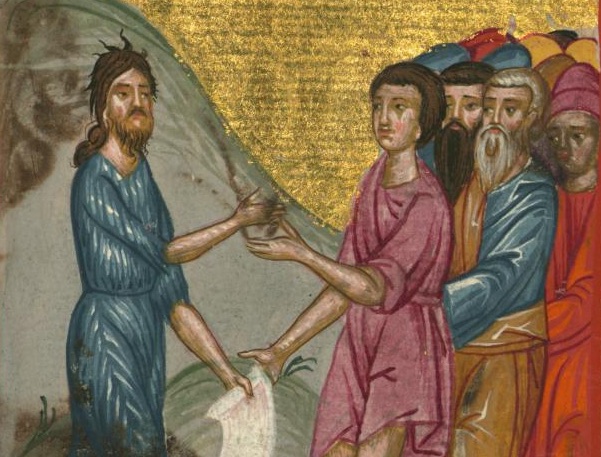
An examination of the Jewish setting of John the Baptist’s proclamation of an immersion of repentance for the release of Israel’s sin indebtedness.
Yeshua, His Mother and Brothers
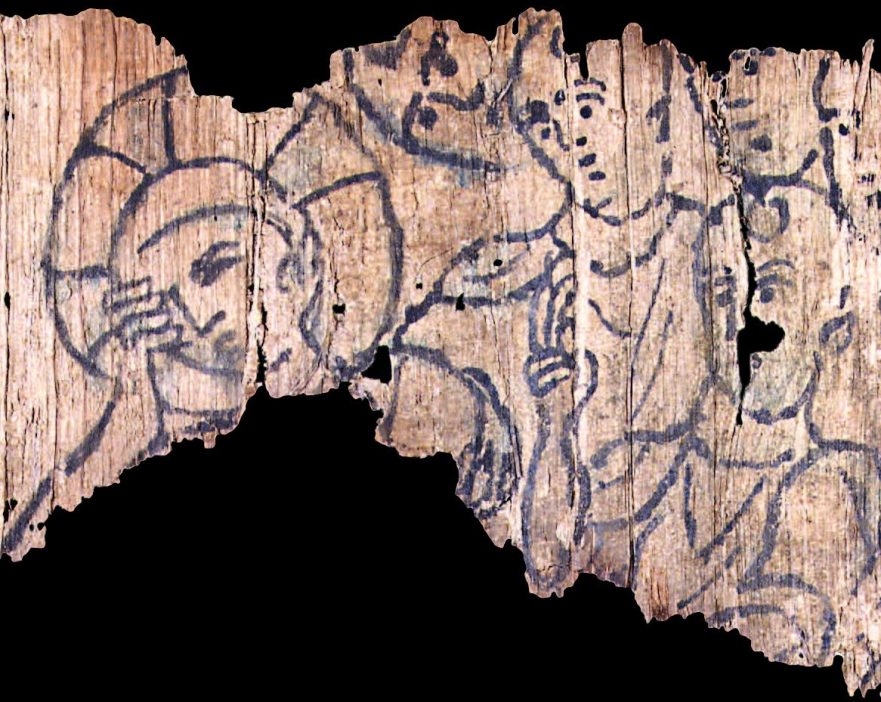
Did Jesus reject his natural family in favor of a spiritual kinship, or did he pay Mary and his brothers the highest possible compliment?
Four Soils Interpretation
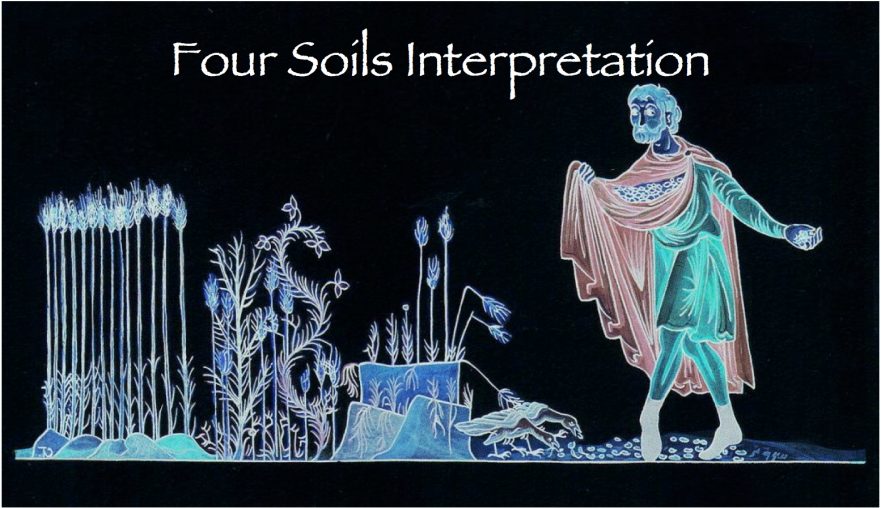
In the Four Soils interpretation Jesus explained the meaning of the imagery in the Four Soils parable.
Four Soils Parable
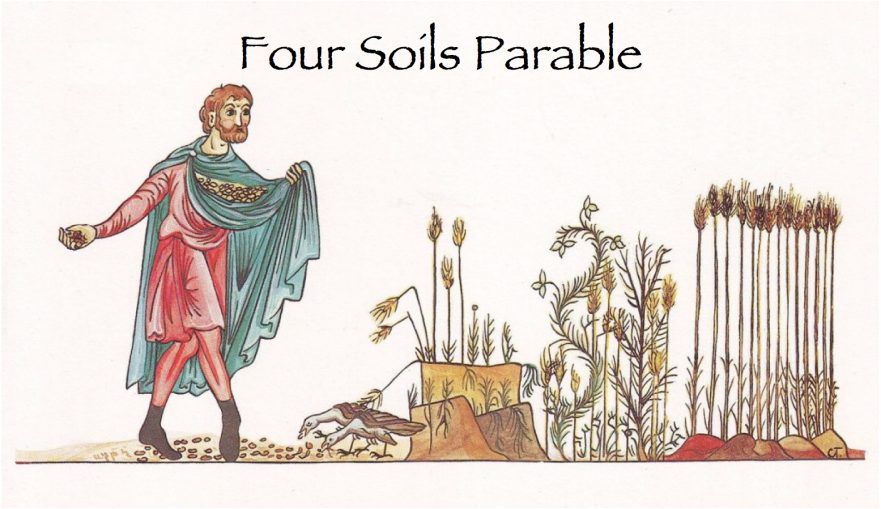
By not revealing what the Four Soils parable was about until its dramatic conclusion Jesus drew in his audience and held their attention, making them the very thing the parable urged them to be: good listeners.
Mustard Seed and Starter Dough Parables

Jesus used the Mustard Seed and Starter Dough parables to demonstrate that the Kingdom of Heaven is a living and active presence that is increasing within the realm of human experience.
Call of Levi
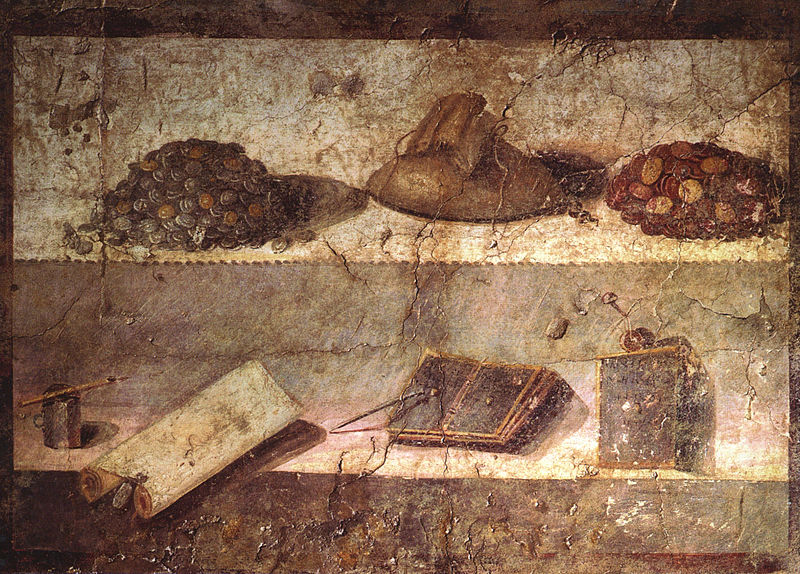
In the Call of Levi story we learn about Jesus’ attitude toward sinful persons and about his relationship with the Pharisees.
Mysteries of the Kingdom of Heaven
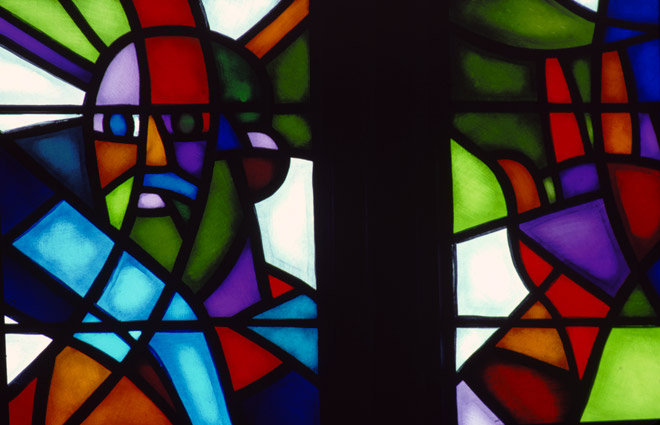
Did Jesus offer a rationale for teaching with the aid of story parables in this pericope, or does the Mysteries of the Kingdom of Heaven saying celebrate the dawning of the new age of redemption?
Return of the Twelve

When Jesus’ twelve emissaries to Israel returned from their mission, thrilled by their success at exorcising demons, Jesus described to them a vision of the expulsion of Satan from heaven. The vision’s message was double-edged: on the one hand, the downfall of the angelic prince meant that the way was opened for the redemption of Israel; on the other hand, having fallen to earth, Satan was about to unleash his fury against God’s chosen people.
Did Jesus Call God “Abba”?
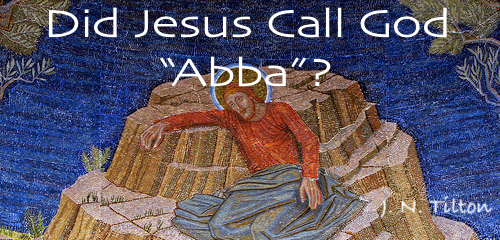
In the past, some scholars have relied on the evidence of Jesus’ use of the word “Abba” to draw far-reaching conclusions about Jesus, the language he spoke, and his relationship to Judaism. As part of their ongoing research for the LOY project, David Bivin and Joshua Tilton revisited the evidence for Jesus’ use of “Abba” as an address to God. Tilton summarizes their findings here.
A Statistical Approach to the Synoptic Problem: Part 4—Non-Linear Hypotheses

In Part Four of his series, “A Statistical Approach to the Synoptic Problem,” Halvor Ronning compares Lindsey’s theory of Lukan Priority to alternative solutions to the Synoptic Problem.
Sending the Twelve: Apostle and Sender
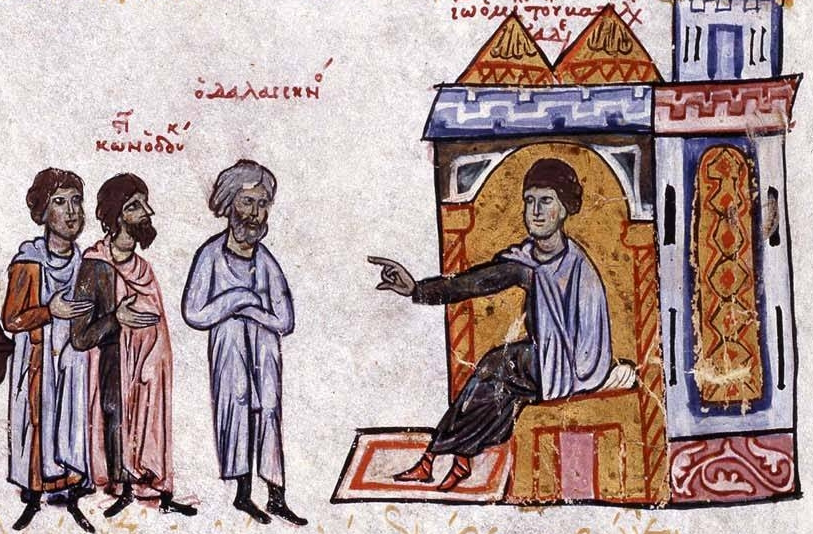
The Apostle and Sender saying (Matt. 10:40; Luke 10:16) not only gave assurance to Jesus’ emissaries as he sent them out on their first healing and teaching mission, it also offers us an extraordinary glimpse into Jesus’ high self-awareness as the shāliaḥ, or official representative, of Israel’s God. In this segment of the Life of Yeshua commentary, David N. Bivin, JP’s editor-in-chief, and Joshua N. Tilton envision how Jesus’ Apostle and Sender saying may have been worded in Hebrew and explore the Jewish backgrounds of this profound saying.
The Programmatic Opening of Jesus’ Biography as a Reflection of Contemporaneous Jewish Messianic Ideas
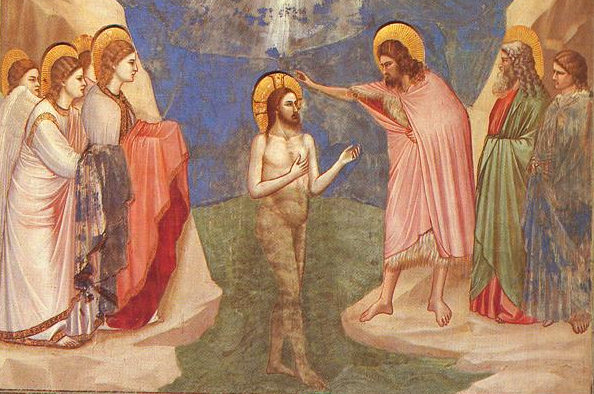
In this study Professor Ruzer suggests that there was a broader first-century Jewish context behind the narrative strategies employed in Mark’s prologue to Jesus’ messianic biography. On the other hand, he also demonstrates that Mark 1:9-11 can be used to recover an early phase of a pattern of messianic belief, seemingly shared by wider Judaism, that continued into the rabbinic period. In other words, New Testament evidence can be an important witness to broader trajectories in early Jewish messianic beliefs.

